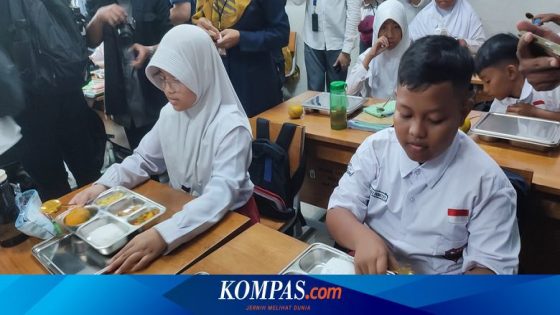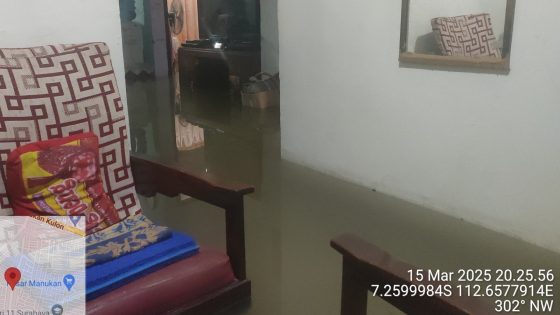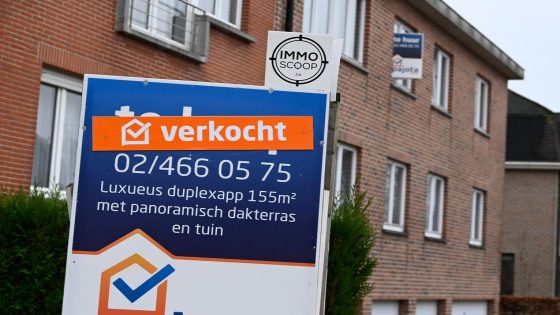On January 23, 2025, the Jakarta government announced that milk will not be included in the free nutritious meal program (MBG). Why is this important for Jakarta residents? The absence of milk raises questions about the nutritional options available for children in the capital.
- Jakarta government prioritizes other nutrition sources
- No milk in free nutritious meal program
- Lack of dairy centers in Jakarta
- Alternative protein sources include eggs and meat
- Expansion of service points planned for 2025
- Milk distribution depends on local dairy availability
Why is Milk Missing from Jakarta’s Free Nutritious Meal Program?
Have you ever wondered why certain foods are prioritized in school meal programs? In Jakarta, the government has decided that milk will not be part of the free nutritious meal program (MBG). This decision stems from the absence of local dairy centers, which limits the ability to source milk effectively.
What Alternatives Are Available for Nutritional Needs?
While milk is a popular source of protein and calcium, Jakarta’s MBG program will focus on other nutritious alternatives. The government emphasizes that children will still receive essential nutrients through various protein sources.
Key Protein Alternatives in Jakarta’s MBG Program
To ensure children receive the nutrition they need, the following alternatives will be provided:
- Eggs – A great source of protein and vitamins.
- Meat – Offers essential nutrients for growth and development.
- Fish – Rich in omega-3 fatty acids and proteins.
- Legumes – Provide plant-based protein and fiber.
Understanding the Impact of Local Dairy Availability
The absence of local dairy centers in Jakarta is a significant factor in the milk decision. Without these centers, sourcing milk for the MBG program becomes challenging. The government is focusing on areas with established dairy farms to ensure a steady supply of milk in the future.
Future Plans for Nutritional Programs in Jakarta
Looking ahead, the Jakarta government plans to expand its nutritional program by adding more service points, aiming for 2,000 locations by August 2025. This expansion will help map out potential dairy sources across Indonesia, improving the chances of including milk in future meal programs.
In conclusion, while milk is currently absent from Jakarta’s MBG program, the government is committed to providing nutritious alternatives. It’s crucial for parents to stay informed about these changes to ensure their children receive balanced meals.

































